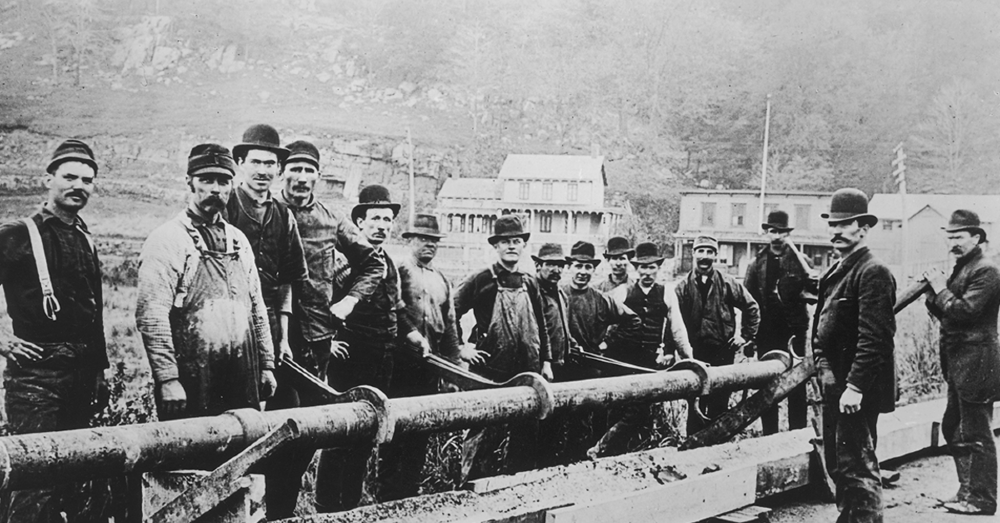Backyard barbecues, heading to the pool one last time, and even the start of school are all traditions that come with Labor Day.
In the United States, the holiday is always celebrated on the first Monday of September. However, even though it happens every year, a lot of people don’t know why we have Labor Day, or what we are celebrating when we enjoy our day off. There is a rich history behind Labor Day, which is often referred to as the “unofficial end of summer”. Typical activities of the warm season slow and the leaves begin to change color, signaling the start of fall.
Although many Americans may just be grateful for the three-day weekend, for laborers around the United States, Labor Day provides a break in the stressful day-to-day work experience and allows us to appreciate those that keep the country turning.
May Day and Haymarket Square
There is often confusion surrounding the relationship between May Day and the tragedy in Haymarket Square and Labor Day. In 1886 in Haymarket Square, during a demonstration for labor rights, a bomb went off, killing several police officers and protestors. After that incident, to show appreciation for workers and their cause, many countries around the world established International Workers’ Day, commonly called May Day, and typically celebrated on May 1.
May Day and Labor Day were created for virtually the same purpose: to recognize the working class that keeps the countries and the economies spinning. The time at which the holidays are celebrated during the year is different, however, and May Day celebrates a wider spectrum of topics concerning unions and the fight for labor rights. May Day and Labor Day are similar, but not exactly the same.
The U.S.’s Founding of Labor Day
Individual states in the U.S. began to celebrate Labor Day in the late 1800s when labor movements and support for unions were beginning to grow. Laborers, especially those who worked in factories, under unsafe conditions and for long hours, began to protest for better treatment in the workforce. Labor unions began to form, and to celebrate the success that demonstrators had, the United States decided to make Labor Day a federal holiday.
There is still controversy over who first proposed Labor Day, but two likely candidates were Peter McGuire and Matthew Maguire, who, although they have the same last name, were not related. Like many bills, laws, and holidays, Labor Day was first recognized by states, the first of those being Oregon. President Grover Cleveland was the first U.S. president to legally recognize Labor Day in 1894 as a federal holiday, and it has been celebrated since.
Typical Traditions
When Labor Day first began, parades and parties were the typical way to celebrate the holiday. Cities and organizations would put together parades and events that would showcase the American workers, who, after all, were what the day was celebrating. Parades are still sometimes put on today, but there are more popular traditions that you have likely participated in, whether you know it or not. Grilling hamburgers and hot dogs at barbecues, going on vacation, and hanging out with friends and family are some classic traditions that have continued being celebrated in modern-day
. Even though Labor Day is early in September, and the fall equinox isn’t until late September, the holiday is unofficially referred to as the “end of summer.” Fall sports begin, in high schools, colleges, and professional leagues, and many schools start, too. Most public pools close, as well, since, in a lot of regions, temperatures begin to drop. Labor Day is celebrated annually in the United States, to highlight the importance of American workers. Public traditions like parades are often associated with Labor Day, as are more private events and a bittersweet goodbye to summer. However you celebrate, remember that Labor Day symbolizes the best of America-our opportunity to work, and to demonstrate for our freedoms.
This post may contain affiliate links. Meaning a commission is given should you decide to make a purchase through these links, at no cost to you. All products shown are researched and tested to give an accurate review for you.

